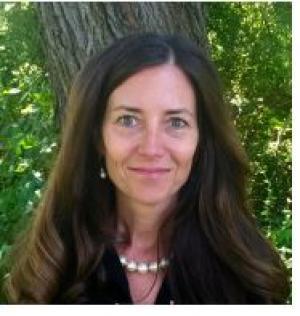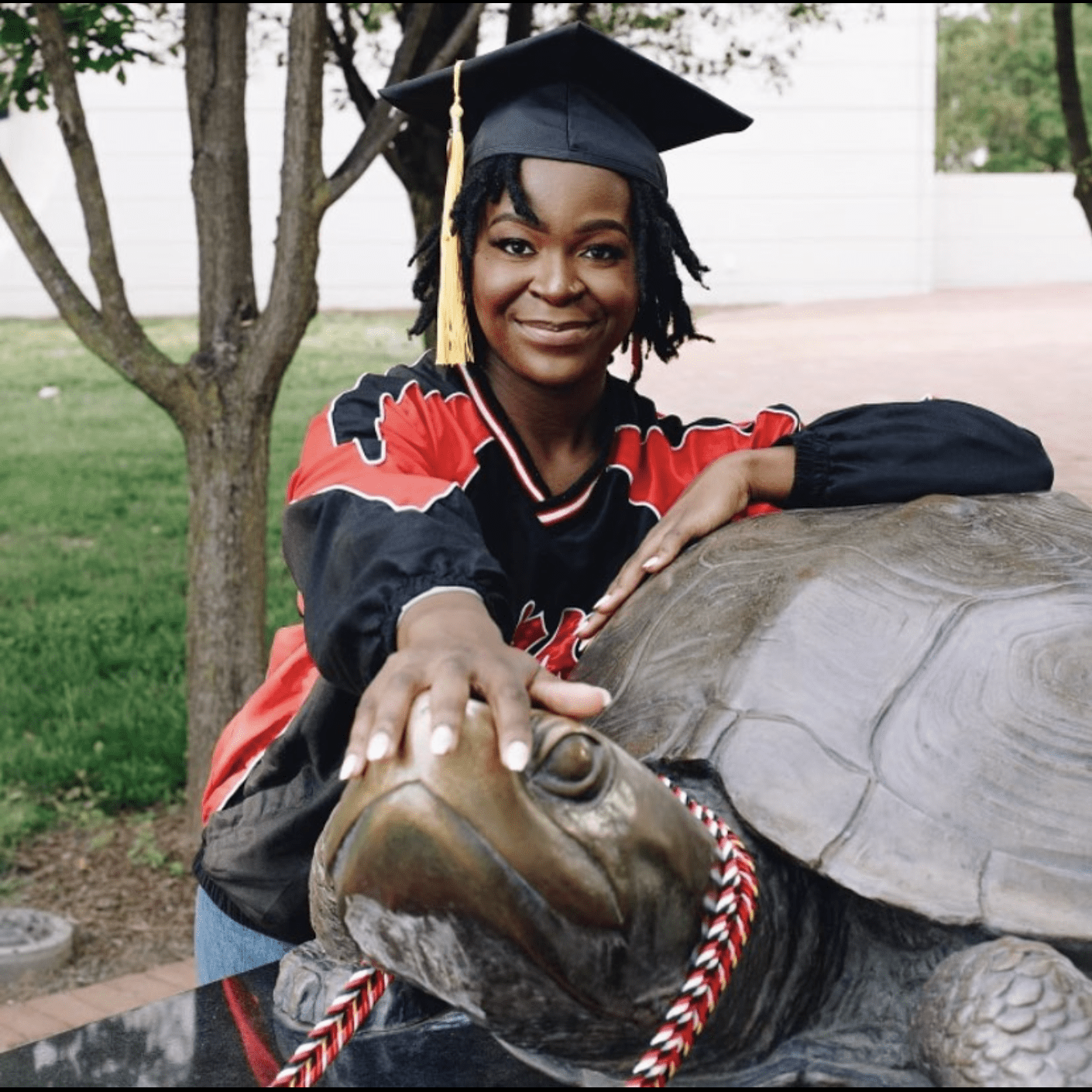Civic Engagement for Social Good
Inspiring community collaboration and meaningful change
Introduction
The world critically needs changemakers committed to understanding social issues and collaborating alongside their communities to foster meaningful change. In Civic Engagement for Social Good (CESG), previously known as CIVICUS, students work with organizations addressing a range of societal challenges, including poverty, food insecurity, housing insecurity, child welfare, education, political activism, animal rights, and the environment. Students explore:
- Issues impacting local communities
- Organizations that are addressing pressing social issues
- Ways to engage in hands-on work in civic engagement
- Strategies for deliberative dialogue in a multicultural world
- Methods to leverage their strengths to make sustainable change
CESG coursework and community engagement activities operate in tandem, creating a synergy that enhances the overall student experience. Coursework provides an opportunity for students to explore the root causes of social needs and strategies for addressing social concerns that they see during their work in the community, while service projects and co-curricular activities create an environment for students to implement what they learn in the classroom.
As an interdisciplinary program, CESG students represent a wide range of academic interests and majors. Civic Engagement for Social Good encourages students to ground their work in their passions, academic majors, and professional interests.
Through their shared passion for social good and engagement in co-curricular activities, CESG students form a close cohort who develop strong friendships and support each other throughout their time at UMD.
Colloquium and Lecture Topics
- The complexities and the structures that cause social issues
- Concepts related to the theories and practices of civic engagement
- Models for working towards positive social change
- Ways to engage in difficult conversations with empathy around differences of perspective, beliefs, and identities
[This program] has made me a kinder, more compassionate, more informed person. [It] gave me the opportunity to get my hands dirty, to engage in the community in ways I never thought I could. [It] has taught me that it takes a village but also that I can make tremendous change myself..providing me with more opportunities for learning and character-building than I would've gotten in any other program or club.
Other Learning Opportunities
Students are actively engaged in UMD, College Park and surrounding areas, and Washington, DC annually completing over 1,000 hours of volunteer work. Students can choose from over 100 projects per year with a wide array of partner organizations.
Students:
- Participate in civic engagement projects. Recently, students have acted as mentors for local elementary students, planted trees to increase the canopy in Washington, DC, served meals from a mobile soup kitchen, handled dogs at a humane rescue adoption event, canvassed on behalf of political candidates, and captioned videos to ensure accessibility for a wider community.
- Take trips to Washington DC and the surrounding area where they participate in scavenger hunts, visit memorials, monuments, and museums, and attend baseball games, cultural heritage events, and the performing arts.
- Meet guest speakers, including politicians, staff members from local non-profit organizations, and local community leaders and activists
- Participate in community-building activities, such as challenge courses, trivia nights, bingo, BBQs, and study breaks
CESG staff provide the planning, logistical support, and transportation for most activities. All second-year students also participate in a capstone experience for academic credit. The capstone can include an internship, extensive work with a non-profit, or affiliated experiential learning courses. Students in the past have held internships in local and national politics, non-profits, high-profile media outlets, medical facilities, research labs, mentoring organizations, and peer dialogue training. The capstone gives students authentic experiences and skills that help support their academic work, career goals, and future community engagement efforts.
Curriculum Overview
Over the two-year program (four semesters), students complete 12-credit hours that count toward their CESG Scholars citation. The following table represents a typical two-year curriculum. Details about courses and requirements can be found on the CESG Citation Checklist
| SEMESTER | COURSE | CREDITS |
|---|---|---|
| Semester 1 | CPCV 100: Colloquium I | 1 credit |
| CPCV 225: Intro to Civic Engagement for Social Good | 3 credits | |
| Semester 2 | CPCV 101: Colloquium II | 1 credit |
| Semester 3 | CHSE 328C: Intergroup Dialogue (DVCC) | 1 credit |
| Semester 4 | CPCV 230: Internship; or CPCV 240: Service-Learning; or CPCV 250: Research; or |
3 credits 3 credits 3 credits |
| Semester 1, 2, 3, or 4 | Supporting Course (var. Gen Ed) | 3 credits |
Sponsoring College
Office Address
1103 Centerville Hall
Office Email
Faculty


Deborah Omotoso
News and Notes, Etc.
Civic Engagement for Social Good News
Scholars Alum: Kristen Wolfe, a Disney Animal Kingdom Zookeeper
Kristen Wolfe Alum of: Life Sciences Year graduated: 1998 A 1998 graduation year must mean you were in the first class of Scholars. What was it like? Did you understand what Scholars was about when you accepted the invitation? Yes, I was the first class. For me, I didn’t realize what Scholars was. I had applied to the University of Maryland, and this letter came in the mail that they were offering me this program. Once I came for Orientation, I started to realize it was something new and different. They explained that it was a program that helped people with adjusting to college, and you'd have other students in your classes that you lived with and would be able to get help from along the way.
College Park Scholars Gives Out Inaugural Hoffman Scholarship
College Park Scholars recently awarded the very first Randall G. and Susan Woodfield Hoffman Endowed Scholarship, to Ryan Gerbes, a sophomore mechanical engineering major in the Science, Technology and Society (STS) Scholars program. “I can’t begin to describe the honor and gratitude I feel as the first recipient of the Hoffman Scholarship,” says Gerbes. “The award, and the spirit of service, gratitude and community that it represents, inspires me to continue my work with fresh passion and commitment.”
College Park Scholars Awards First Ken Joseph Scholarship
College Park Scholars has awarded the inaugural Kenneth A. Joseph Memorial Endowed Scholarship, to first-year Media, Self and Society Scholars student Amanda Hernández. “Affording college was always something that I worried about, especially when I was trying to decide where to enroll,” says Hernández. “This scholarship is not only helping me on that front but has also inspired me to do more. I’m incredibly grateful for being chosen and hope to represent College Park Scholars more in the future.”
Scholars Alum: Sean Murphy, Creator of Peer Mentors
As part of our yearlong #ScholarsAt25 recognition of our 25th anniversary, Scholars is publishing occasional profiles on our alums. To be considered for an alumni profile, please fill out the form at go.umd.edu/alumniprofile. Sean Murphy Alum of: Science, Technology and Society (STS) Year graduated: 2012 for first degree, 2016 for the second—I originally graduated with a BS in mathematics. After a failed year in graduate school in applied mathematics, I reevaluated things and decided to go back to UMD for a BS in electrical engineering.
Scholars Recognizes 2019 Citation, Founders Circle Award Winners
In 2017, College Park Scholars welcomed more than 800 freshmen to what would become its 24th citation class, the Scholars Class of 2019. All who successfully completed the requirements of their Scholars program received their official Scholars citation. But there were some that went above and beyond the expectations, leaving a lasting impact on the community. On Oct. 18, 2019, Scholars honored these extraordinary students at its annual Citation Awards. Those recognized included 24 juniors—two from each program—chosen by their program directors for outstanding achievement and 24 for outstanding citizenship.
Journalist Alison Burns Appointed Interim Director of Media, Self and Society
Broadcast journalist Alison Burns has been appointed interim director of College Park Scholars’ Media, Self and Society program. She takes over from Kalyani Chadha, who will be on leave during the 2019–2020 and 2020–2021 academic years. Burns’ appointment was made by the University of Maryland (UMD) Philip Merrill College of Journalism, which sponsors the Media, Self and Society Scholars program.


